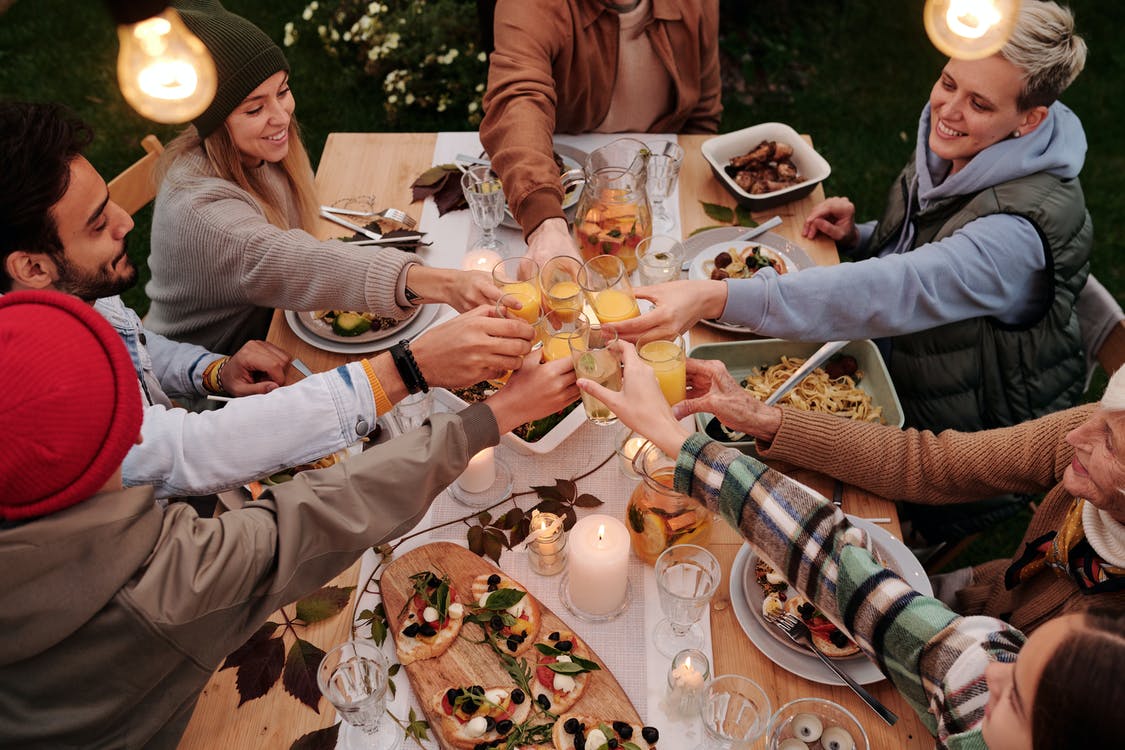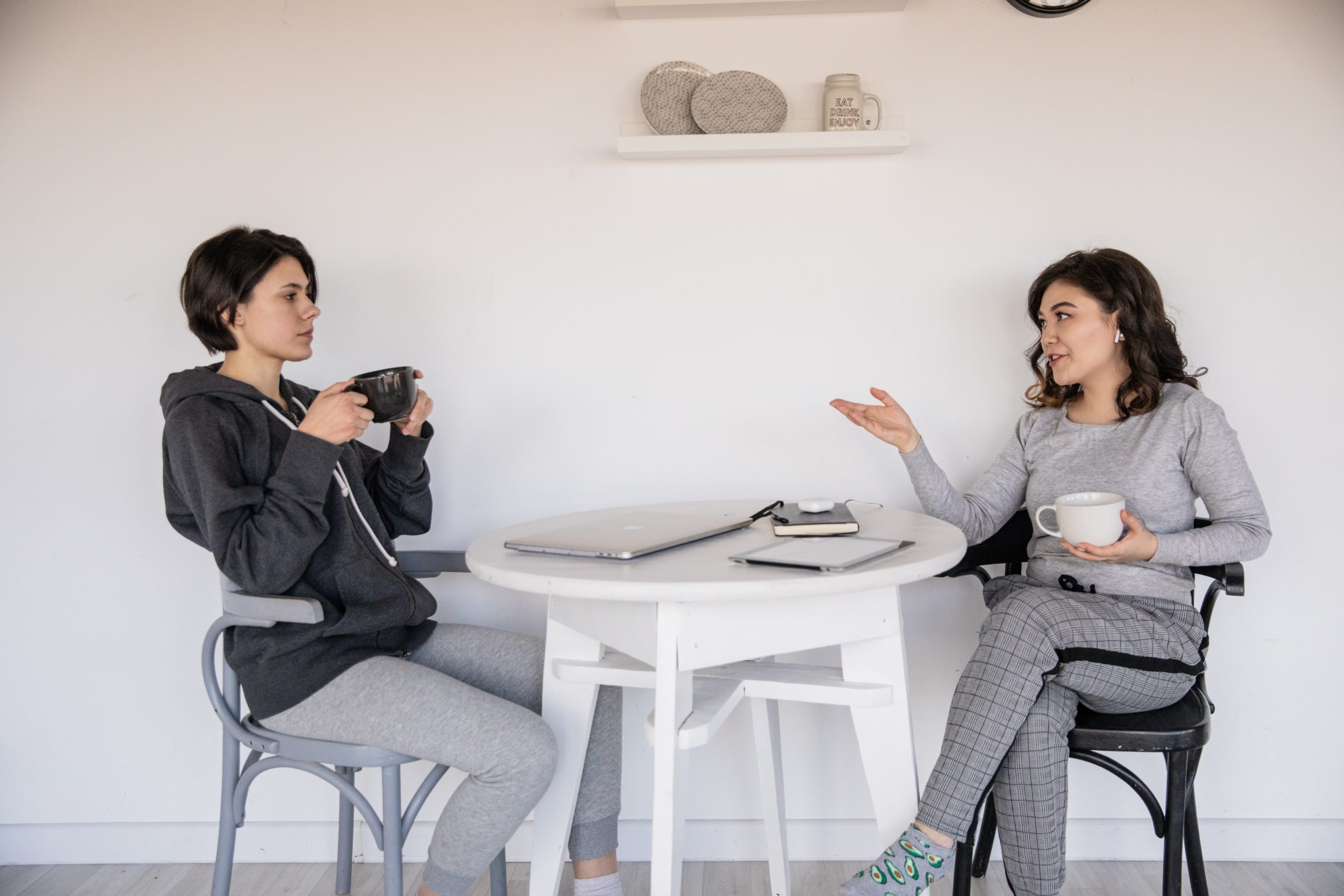
Having Trouble Making Friends as an Adult? Here Are Some Do’s and Don’ts to Consider
By: Jessica Taylor, LPC Making Friends as an Adult Can Be Tough Making friends in adulthood. This either comes naturally to you, or it feels like a huge (sometimes embarrassing) obstacle. As an introvert, I am definitely a part of the latter group. Making new friends has never felt very easy for me, so making friends in my 30’s? Really tough. But have no fear! It IS possible to make new connections throughout your entire life. Since this is a personal struggle for me, I have been mindful of taking action steps in this area and can report that I am making new connections! I am never one to gatekeep, so here is a list of do’s and don’ts that I think you should consider if you want to make more friends as an adult. Do’s and Don’ts for Making New Friends as an Adult DON’T shame yourself. Shame only feeds the negative thought monster. When we go down the rabbit hole and allow ourselves to buy into negative and unhelpful thoughts, this makes our anxiety, self-esteem, avoidance worse. And what happens when all those things are worse? The last thing you want to do is put yourself out there to make new connections. You want to stay home and protect yourself. So, please know that having trouble making new friends during adulthood is completely normal and nothing to be ashamed of. DO get creative. It seems as though a huge factor for adults struggling to make new friends in recent years is residual social impacts from the pandemic. Companies are just now starting to bring their employees back to the office, but even then, it is often a ‘hybrid’ model. If you are someone who works from home, you have fewer opportunities to network with your coworkers, which is an easy way to expand your social network. This means you need to get creative! Here are some ideas for opportunities outside of your day-to-day schedule: Download the BumbleBFF Ask a close friend if you can join them next time they go to happy hour with their work friends. Message an old friend or acquaintance that you lost touch with for no reason. Join a just-for-fun club sports league. Check out what groups there are in your area on Meetup. Engage in a hobby that you’ve always wanted to try (pottery or mixology class, hiking group, etc.) DO practice desensitization. If you have been avoiding making new social connections for a while now, then your brain is accustomed to sending you fear signals. It wants to keep you in avoidance mode. This is because you have trained it to believe that it must protect you from social situations. If this is the case, you must work on re-training your brain. One way you can do this is to first think of the social situation that you fear the most (i.e. going to a new hiking group by yourself). Then, break the action steps down into 5-10 TINY action steps. Start taking one of the action steps each week, while regulating your body (usually with deep breaths) as it sends you fear signals (butterflies in your stomach, shakiness, chest pains, negative thoughts, etc.) Here’s an example of what this looks like: Step 1: Think about downloading the Meetup app. Step 2: Download the app. Step 3: Create a profile. Step 4: Pick a group you are interested in. Step 5: Apply to join the group on their next hike. Step 6: Think about all of the things that will happen when you go on the hike with the Meetup group. Step 7: Think of some questions you can ask other people in the group, or topics you can bring up to talk about. Step 8: Actually go on the hike! Step 9: Process how that went and what you might do differently next time. DO learn more about yourself. If your avoidance of social situations has something to do with your personality, a great way to reduce shame is to learn about yourself. If you are introverted, you might be surprised by things about yourself that are related to being an introvert and not just because you are ‘weird’ or anxious. I actually created a free training about dating as an introvert. If you want me to send this to you, feel free to email me at Jessica@thrivecounselingdenver.com and I will send it right over! Another option is seeking out books about being introverted, having social anxiety, etc. DO seek out support. If you think that you might have social anxiety, or some other mental health symptoms that are preventing you from making new friends, seek out support! A therapist can help you identify barriers and gain the coping skills you need to manage any discomfort that comes up related to putting yourself out there and making new friends as an adult.











